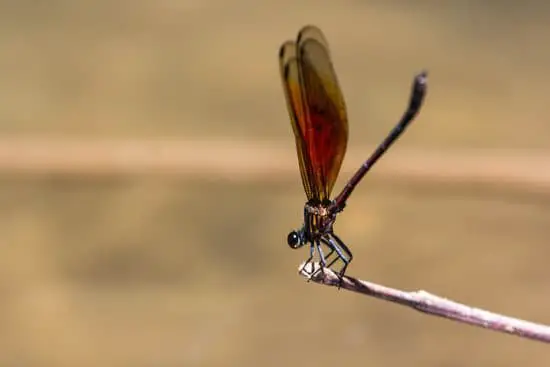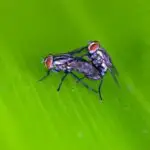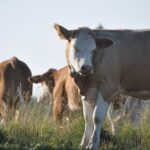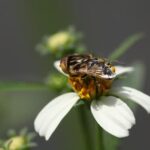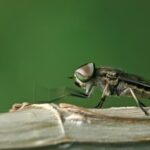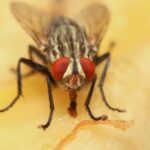What Are Horse Flies Good For?
Horse flies are found on livestock, especially cows, but can also infect humans. They feed on blood and cause bites that can be very painful. Their bites can also cause secondary bacterial infections and can reduce milk output in cattle that are not properly protected. Humans may also develop allergic reactions to horse fly saliva, which can cause a rash. Those who are allergic may also experience dizziness, weakness, and wheezing.
Horse flies are dark in color and can reach up to 1 inch in length. They have a sharp mandible, which can cut deep into the skin. The mandible of a horse fly looks like a pair of scissors. It is used in traditional Chinese medicine for its anti-clotting abilities.
Horse flies live in a variety of habitats, including marshes, streams, and decomposing wood. The females lay their eggs in moist soil, often overhanging water. They then develop into larvae, which feed on small animals like frogs and minnows. They will eventually pupate over the winter and then emerge as adults in late spring. They can be a nuisance to people on the beach or in the countryside, so it’s best to avoid them if you can.
A horse fly bite can be uncomfortable, but the irritation will go away quickly if you remove it quickly. After a bite, you should wash the area thoroughly and apply a cold compress to reduce any itching. If the horse fly bite is infected, you should consult a medical professional.
